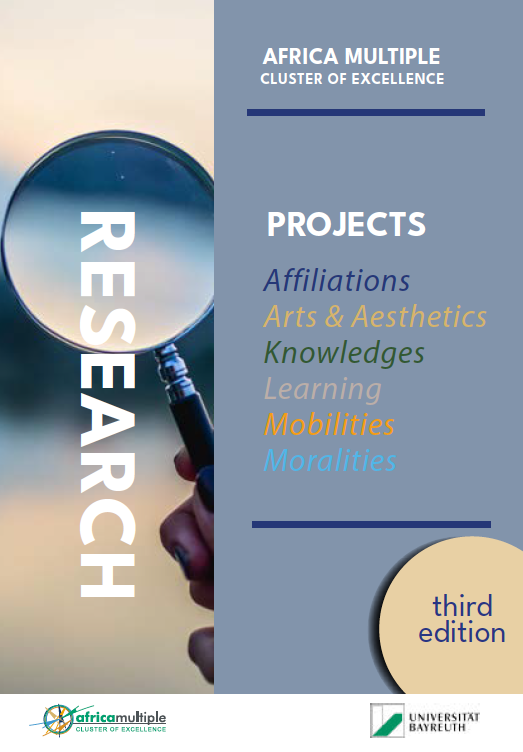Oil movements: the production and government of petro-(im)mobilities in East Africa
Project Directors
- Prof. Dr. Martin Doevenspeck
- Paddy Kinyera, Political Geography, University of Bayreuth
- Prof. Dr. Goretti Nabanoga; Natural Resource Management and Gender Studies; Makerere University, Uganda
- Dr. Fredrick Okaka, Human Geography; Moi University, Kenya
Summary
The discoveries of commercially viable hydrocarbons in East Africa, for which the development of strategic infrastructures in Uganda, Kenya and Tanzania are underway, squarely puts the region within the frames of transboundary petro-politics. East Africa’s oil industry does not only promise substantial economic development and energy security within the region, but also significant profits for the oil multinationals involved. The region is a striking example of how (im)mobilities framed around substances such as oil are integral to socio-political and socio-economic issues. We study the dynamics of oil movements to offers n an interdisciplinary understanding of how inter-state power relations are integral to the (im)mobility of people, ideas, practices and things. Over the last 10 years, the subject of hydrocarbons has attracted a series of empirical studies, particularly around oil policies of individual states, oil-linked tensions, popular aspirations and regional petro-politics. A crucial observation is that the political and economic future of East Africa is likely to be immensely influenced by the developing landscape of petro-capitalism, characterized by the ceaseless movement of petro-ideas, materialities, and practices. However, there continues to be a lack of research into how this landscape comes to bear on the region’s configurations of new patterns of mobilities. The inquiry into East African “oil-mobilities” promises to generate new empirical and theoretical insights that could help explain how strategic natural resources influence the production and government of patterns of (im)mobilities



